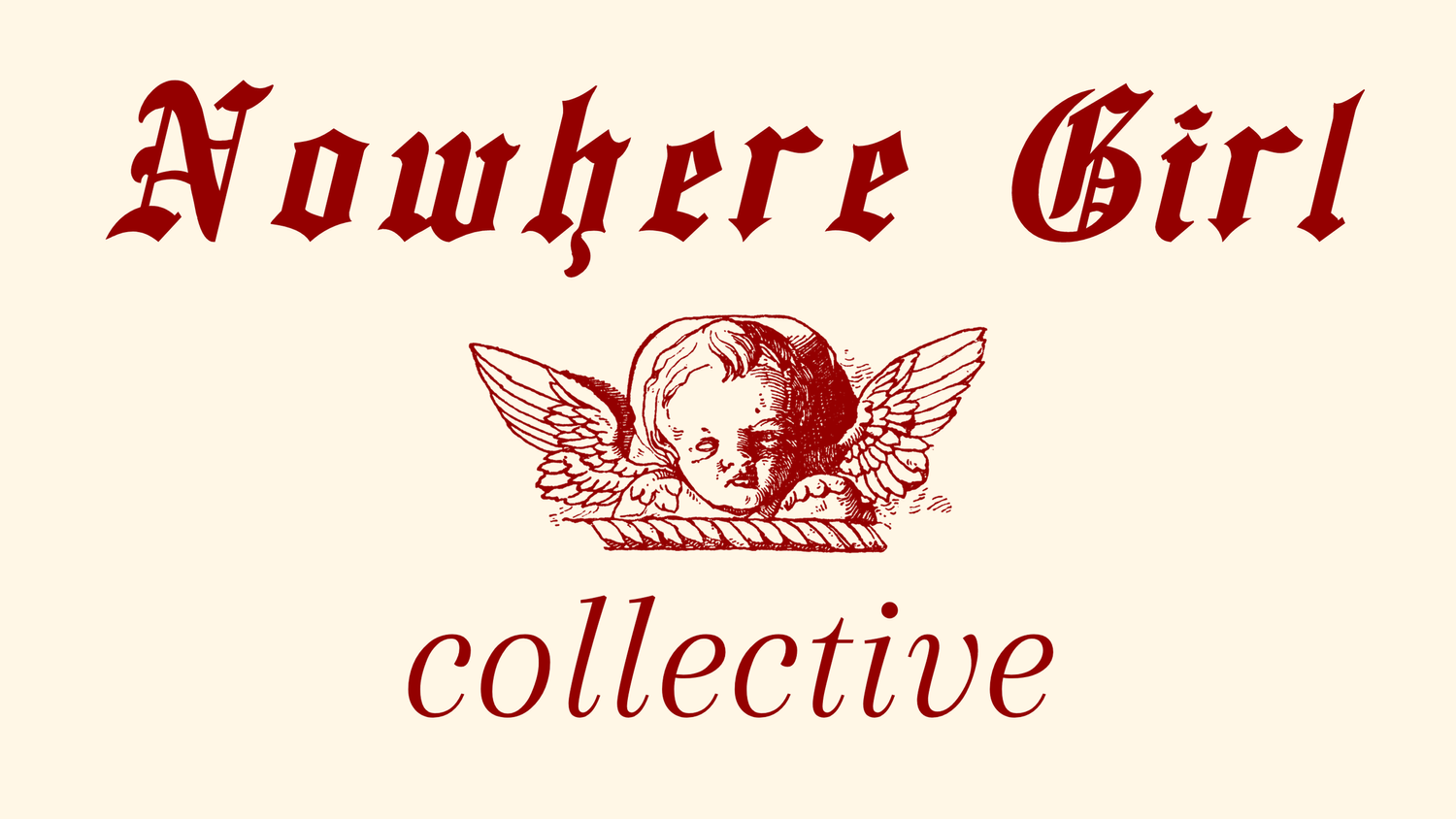BLASPHEMY!
“I am not omniscient, but I know a lot.”
― Goethe, Faust I
A 2 AM ramble, admittedly, that has surprisingly, stood the test of time and scrutiny when I came to review it at 7 the following morning.
I will begin by stating the very obvious fact that Faust wanted to know everything. As a scholar, this innate desire must have consumed and devoured his being for a good portion of his life, as it occasionally does to mine and I’m sure to any reader likewise. Therefore I am not questioning the nature of this completely understandable notion, but rather its solution, which I do believe exists.
It must be stated of course, that all of this is hypothetical and occurs mainly in the land of fiction. Goethe’s Faust exists in a world of alchemy and magic, in essence, a place with endless opportunity.
Now, where to begin? The process of acquiring all knowledge essentially requires all time, or in other words eternity. In turn, eternity requires some degree of immortality– you cannot experience all of time without this, and therefore it is an essential factor.
However, we are faced with a dilemma when trying to solve the equation that is knowledge-time- immortality. At its core, immortality is the interminable continuation of life, and thus the possibility of knowing genuine death is immediately ruled out. Knowing all means grasping the concepts of both life and death– something that immortality alone cannot achieve. Hence, the only sensible conclusion that we can draw in this completely insensible realm, is that knowledge is time, and immortality, and the comprehension of death.
Who could possibly fit into these abysmally entrenched parameters? Who can both be dead, and alive, and immortal? The only pragmatic answer here is the divine; someone who grants death and life and itself is eternal and permanent. The only thing is God. At the very least, with the consideration of religious contexts, it is the God depicted in the play.
The play is described as ‘blasphemous’ and it is not hard to see why. Faust didn’t want to have all knowledge. Faust wanted to be God.
Thus, we arrive at the equation: all knowledge equals eternity plus immortality plus knowing death, implying a divine entity. The label 'sacrilegious' aptly befits Faust's desire, not merely for all knowledge, but for godhood.
I recall a memory where a school assembly comes to mind. It was a small Christian prep school, supposedly the best in the area, and we were discussing God, as one does at small Christian prep schools. At one point the headmistress, perfect and scholarly, had declared that ‘God knows everything’. Now I think she was onto something. Timidly, I raised my hand, mousy yet burning with curiosity.
‘Even the times tables?’ I asked. I must have been around 7.
Amelia Winters, 17, UK ✯ wintersamelia05@gmail.com
